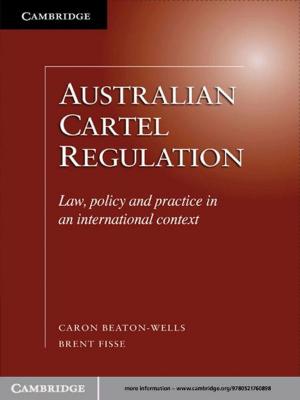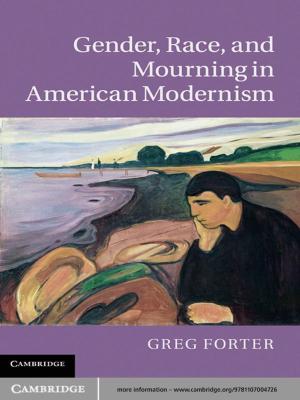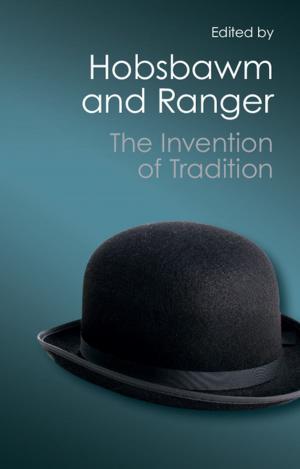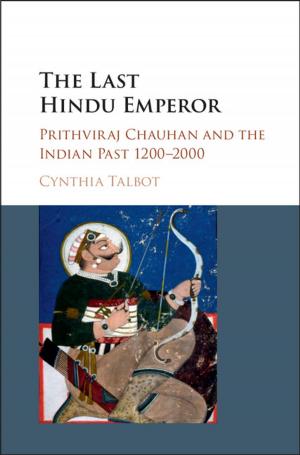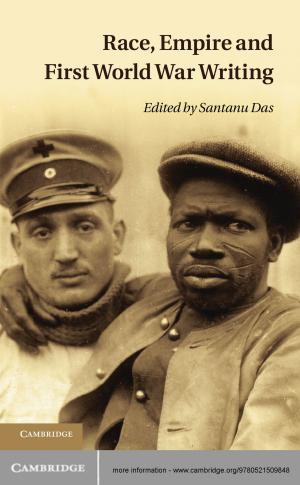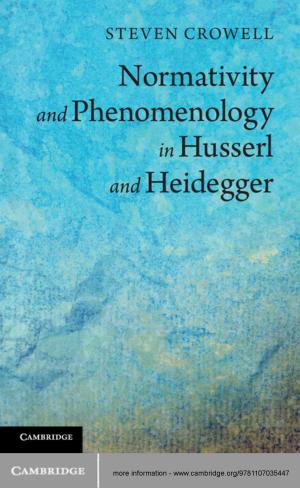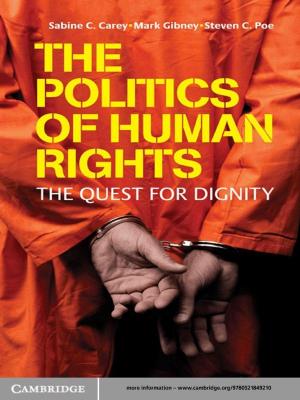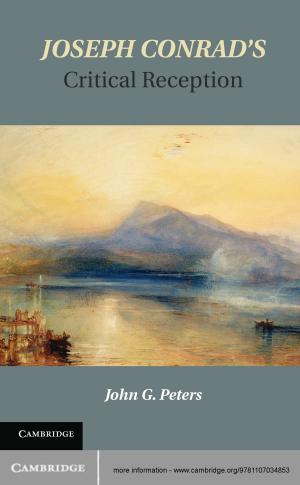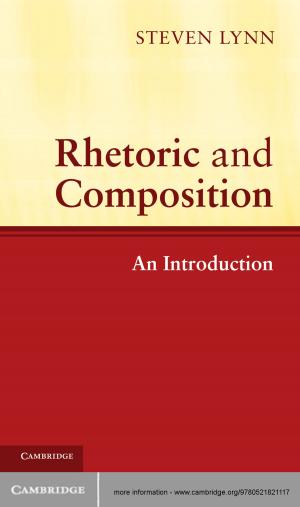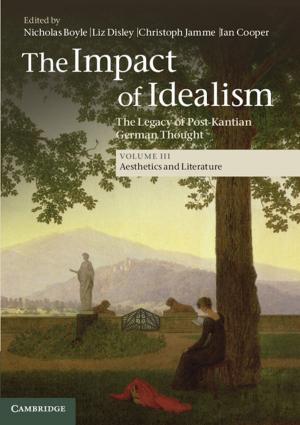A History of Modern Burma
Nonfiction, History, Asian, Southeast Asia, Social & Cultural Studies, Political Science| Author: | Professor Michael W. Charney | ISBN: | 9781316341896 |
| Publisher: | Cambridge University Press | Publication: | January 22, 2009 |
| Imprint: | Cambridge University Press | Language: | English |
| Author: | Professor Michael W. Charney |
| ISBN: | 9781316341896 |
| Publisher: | Cambridge University Press |
| Publication: | January 22, 2009 |
| Imprint: | Cambridge University Press |
| Language: | English |
Burma has lived under military rule for nearly half a century. The results of its 1990 elections were never recognized by the ruling junta and Aung San Suu Kyi, leader of Burma's pro-democracy movement, was denied her victory. She has been under house-arrest ever since. Now an economic satellite and political dependent of the People's Republic of China, Burma is at a crossroads. Will it become another North Korea, will it succumb to China's political embrace or will the people prevail? Michael Charney's book- the first general history of modern Burma in over five decades - traces the highs and lows of Burma's history from its colonial past to the devastation of Cyclone Nargis in 2008. By exploring key themes such as the political division between lowland and highland Burma and monastic opposition to state control, the author explains the forces that have made the country what it is today.
Burma has lived under military rule for nearly half a century. The results of its 1990 elections were never recognized by the ruling junta and Aung San Suu Kyi, leader of Burma's pro-democracy movement, was denied her victory. She has been under house-arrest ever since. Now an economic satellite and political dependent of the People's Republic of China, Burma is at a crossroads. Will it become another North Korea, will it succumb to China's political embrace or will the people prevail? Michael Charney's book- the first general history of modern Burma in over five decades - traces the highs and lows of Burma's history from its colonial past to the devastation of Cyclone Nargis in 2008. By exploring key themes such as the political division between lowland and highland Burma and monastic opposition to state control, the author explains the forces that have made the country what it is today.

